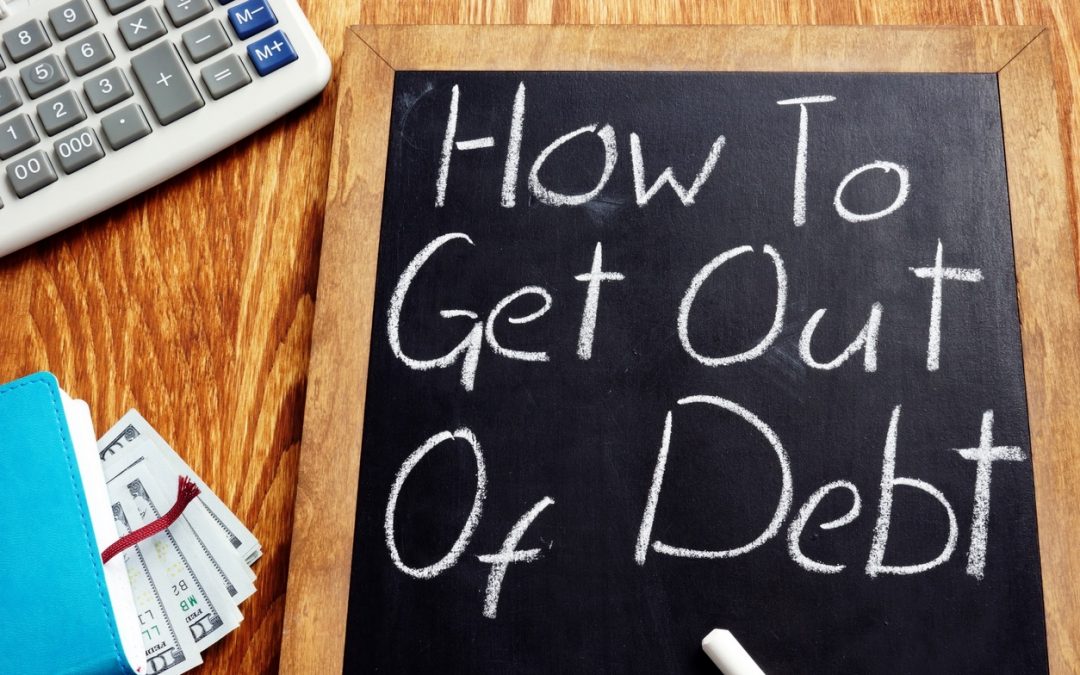Debt can be difficult to live with. It weighs us down. It causes anxiety, work and marriage problems. It creates stress that can lead to insomnia and other health problems.
The bad news: There’s no quick fix or miracle trick to pay off debt all at once — short of winning the lottery or coming into a large inheritance, but what are the odds of that actually happening?
The good news: There is a solid solution to help you start reducing that debt — setting up a budget.
But wait! Before your eyes glaze over at the thought of crunching numbers and watching every purchase, we’ll answer some questions to help ease your mind regarding the dreaded “B” word.
How can a budget help me get out of debt?
A budget is the clearest and most effective way of methodically getting yourself out of debt. It is a tangible, step-by-step guide you write for yourself to make a path out of debt, one day at a time.
Writing a budget will force you to examine your spending habits — good and bad — and address which ones you can change to free up money to pay off your debts.
How tight does my budget need to be?
This will depend, of course, on how much debt you carry and what your current spending habits look like.
While a tight budget is better, you don’t want to curb your spending so drastically that you aren’t living somewhat comfortably.
It is vital to strike a balance between thriftiness and quality of life — if you’re used to spending freely, you will have a harder time adjusting to a tight budget, so write something you can live with over the long term.
Paying off debt takes time (years, in most cases), so your budget has to support a sustainable level of comfort for you. Only you know what that is, and it may take some tweaking to calibrate it exactly.
Take a few months to test out various configurations of your budget to see what is optimal for paying off debts while still allowing some degree of discretionary spending.
How do I keep track of my spending?
You can track your spending the old-fashioned way, of course — by keeping receipts and logging each dollar spent in a spreadsheet or in a designated notebook. But there are easier ways.
Let technology help you stick to your budget by using a free app like EveryDollar, which allows you to log and track your purchases so you don’t fret about losing a receipt or forgetting to write something down.
An app takes the stress out of budgeting so you can focus on sticking to your financial goals.
The bottom line
It may sound intimidating to noticeably tighten your purse strings with the goal of paying off debt, but remember that it’s a long process, and your spending choices every single day matter. The end goal — financial freedom — is worth it.




